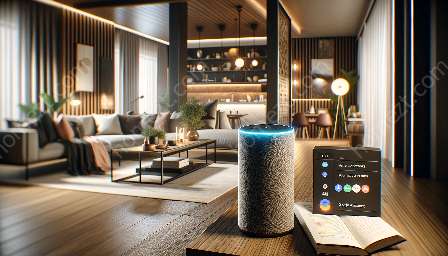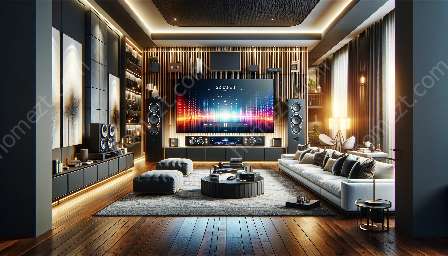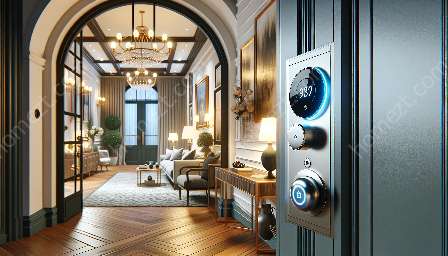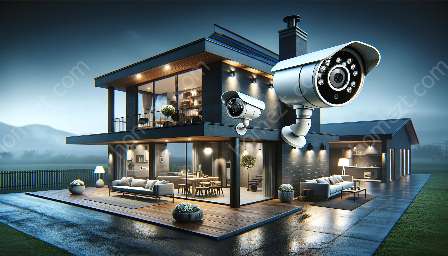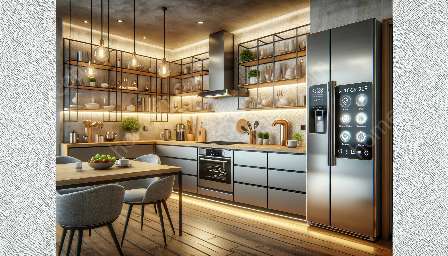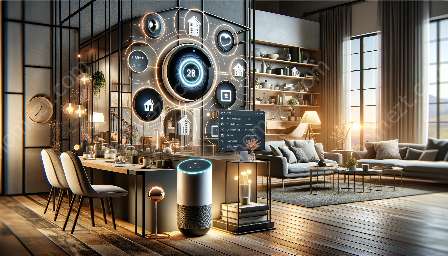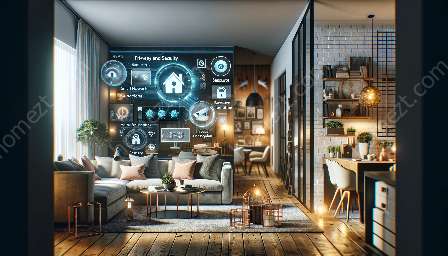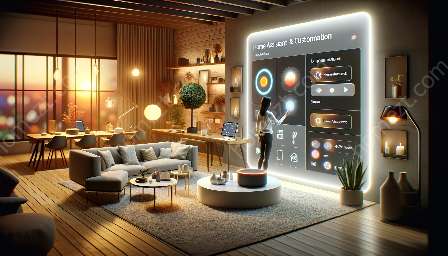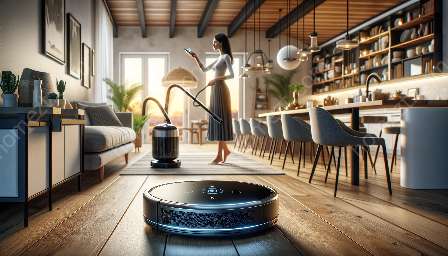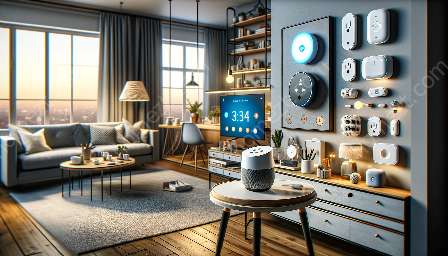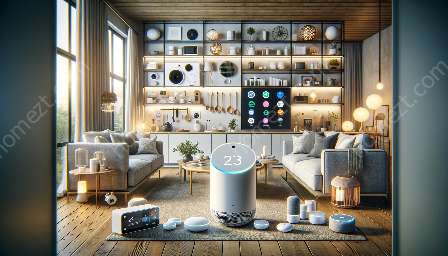As our living spaces become increasingly digitized, the demand for seamless integration between home assistants and smart home hubs or controllers has witnessed a significant surge. This development has been fueled by the desire to create a more interconnected and convenient living environment.
When it comes to integrating home assistants with smart home hubs or controllers, the key lies in ensuring compatibility and interoperability. In this comprehensive guide, we'll delve into the intricacies of this integration, the benefits it offers, and how to make your home assistant compatible with your smart home setup.
Understanding the Integration
The integration of home assistants with smart home hubs or controllers involves establishing communication and coordination between these two essential components of a smart home ecosystem. This process allows users to control and manage various devices and systems within their home, such as lighting, heating, security, and entertainment, through voice commands or a central interface.
Many popular home assistants, including the widely used Home Assistant, are designed to be compatible with a range of smart home hubs and controllers. This compatibility empowers users to consolidate and streamline their smart home management, offering a centralized platform for interacting with and controlling different devices and applications.
Compatibility with Home Assistant
Home Assistant, an open-source home automation platform, boasts extensive compatibility with various smart home hubs and controllers, ensuring a harmonious integration that enhances the overall functionality and convenience of a smart home. Through Home Assistant integration, users can create automations, configure devices, and customize their smart home setup to suit their preferences and lifestyle.
With its robust community support and active development, Home Assistant continues to expand its compatibility with an increasing number of smart home hubs and controllers, making it an appealing choice for individuals seeking a versatile and interconnected smart home solution. Home Assistant's extensive support for devices and protocols further solidifies its position as an ideal platform for seamless integration within the smart home ecosystem.
Optimizing the Integration
To optimize the integration of home assistants with smart home hubs or controllers, it is crucial to consider a few key aspects:
- Device Compatibility: Ensure that the devices and systems within your smart home environment are compatible with both your home assistant and smart home hub or controller. This compatibility is essential for seamless communication and control.
- Configuration and Customization: Leverage the capabilities of your home assistant to configure and customize the behavior of your smart home devices. This includes setting up automations, creating scenes, and tailoring settings to align with your specific requirements.
- Voice Control and Commands: Take advantage of voice control features offered by home assistants to interact with and manage your smart home devices using natural language commands.
- Centralized Management: Utilize the integration to centralize the management of your smart home devices through a unified interface, simplifying the monitoring and control of various systems.
Benefits of Integration
The seamless integration of home assistants with smart home hubs or controllers yields a wide array of benefits for users:
- Enhanced Convenience: By consolidating control and management through a unified platform, users can enjoy enhanced convenience and accessibility in operating their smart home devices.
- Efficient Automation: Through the integration, users can implement automated routines, schedules, and triggers, optimizing the efficiency of their smart home systems.
- Versatile Control: With the ability to control and manage diverse devices, including lighting, thermostats, security cameras, and entertainment systems, users gain a versatile approach to smart home control.
- Interoperability: The integration fosters interoperability between different devices and protocols, promoting a cohesive and harmonious smart home ecosystem.
Future Possibilities
The integration of home assistants with smart home hubs or controllers represents just the beginning of the evolution of smart home technology. As advancements in artificial intelligence, machine learning, and IoT connectivity continue to unfold, the future holds the promise of even more seamless and intuitive interactions within smart home environments.
With innovations such as context-aware automation, predictive analytics, and enhanced natural language processing, the integration of home assistants with smart home hubs is poised to become even more sophisticated, offering users an unprecedented level of convenience and control in their living spaces.
Conclusion
The integration of home assistants with smart home hubs or controllers marks a pivotal step in the quest for a more connected and efficient living experience. By leveraging the capabilities of platforms like Home Assistant and embracing interoperability with smart home hubs, users can shape their ideal smart home environment, where convenience, control, and harmony converge.

